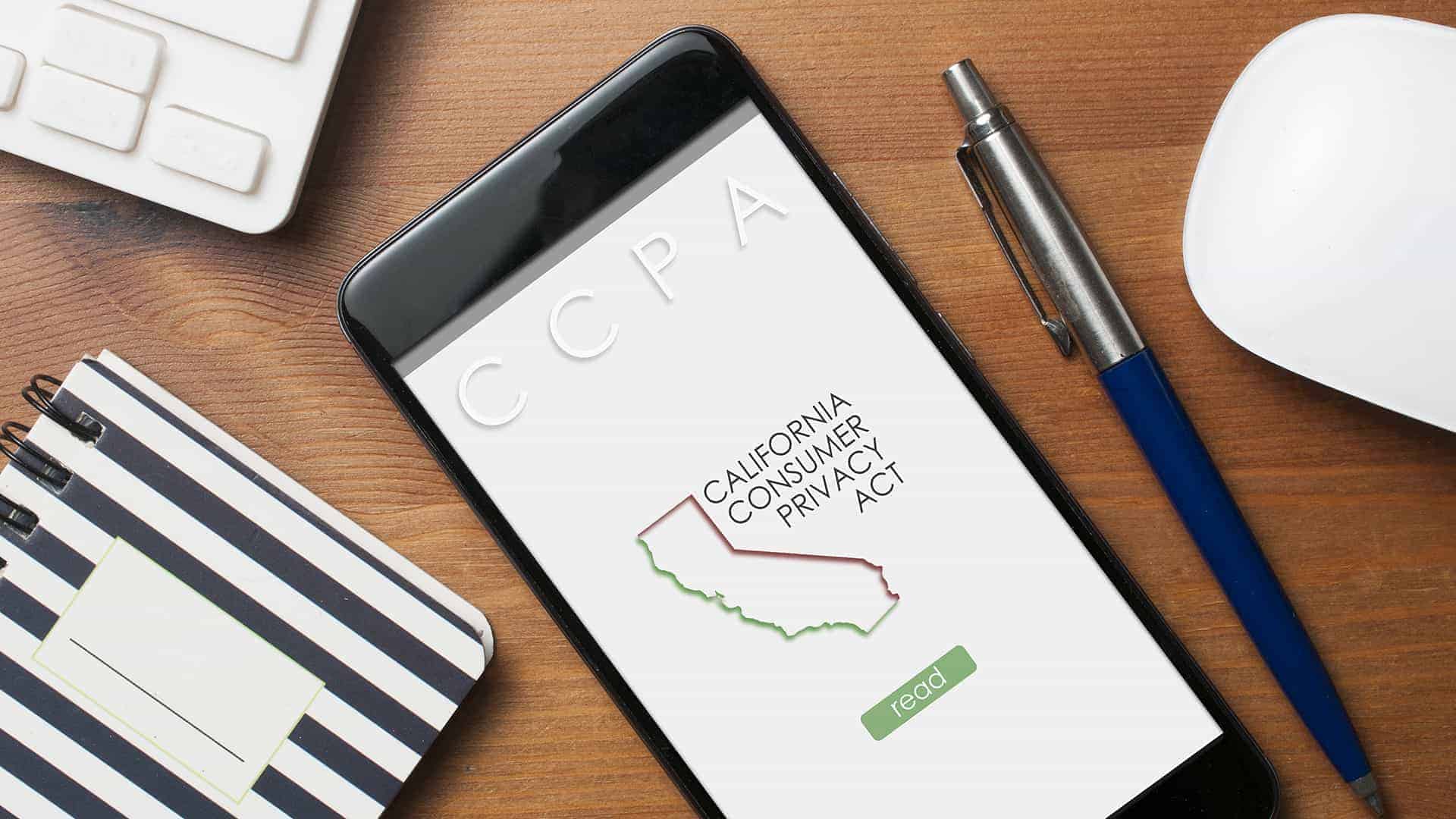
7th Cir. Holds Aggregate Credit Reporting Does Not Violate FDCPA
The U.S. Court of Appeals for the Seventh Circuit reversed a trial court judgment in favor of a borrower and against a debt collector, and ruled that reporting to a credit reporting agency that a debtor owed nine unpaid bills of $60 instead of one unpaid bill of $540 did not misstate the character of the debt in violation of the federal Fair Debt Collection Practices Act (FDCPA).
A copy of the opinion in Rhone v. Medical Business Bureau, LLC is available at: Link to Opinion.
A debt collector reported to a credit reporting agency that a debtor owed nine debts of $60 each. This credit report was factually correct as the debtor had incurred “nine debts of $60 each.”
The debtor sued the debt collector alleging that the credit report violated section 1692e(2)(A) of the FDCPA because it misstated the character of the debt by reporting that the debtor owed nine $60 debts instead of the $540 aggregate amount. The trial court agreed without providing any analysis and entered judgment in favor of the debtor.
This appeal followed.
The Seventh Circuit began by examining the meaning of “character” in section 1692e(2)(A).
As you may recall, the FDCPA prohibits a debt collector from making any “false representation” about “the character, amount, or legal status of any debt”. 15 U.S.C. § 1692e(2)(A).
The Seventh Circuit observed that the debtor did not contend that the debt collector misrepresented the amount of the debt. Further, the Court noted that this section refers to the “character” and the “amount” of a debt separately. Thus, giving meaning to each term in this section, the “character” of the debt cannot mean the same thing as the “amount” of the debt.
The Seventh Circuit viewed the question before it as a matter of first impression because it did not find any decisions from any court of appeals concerning whether aggregating (or not) “all amounts owed to a single creditor concerns the ‘character’ of a debt.”
The Seventh Circuit determined that the word “character” in section 1692e(2)(A) referenced the “kind of obligation.” For example, “[a] secured auto loan would be of one character, an unsecured credit-card debt another, a judgment debt a third, and a subordinated debenture (an instrument junior by contract) a fourth.”
Viewing “character” in this light, the number of transactions “does not affect the genesis, nature, or priority of the debt and so does not concern its character.” Rather, the Seventh Circuit ruled, the “amount” instead of “character” governs reporting the size of the debt.
Therefore, the Seventh Circuit held that the debt collector did not misstate the “character” or “amount” of the debt, and reversed the trial court’s judgment.
This article courtesy of: Maurice Wutscher LLP






